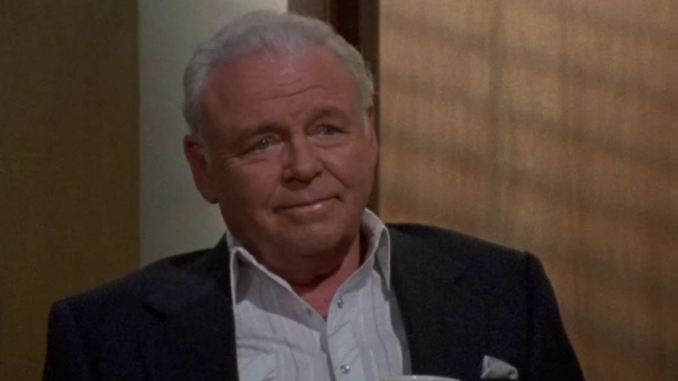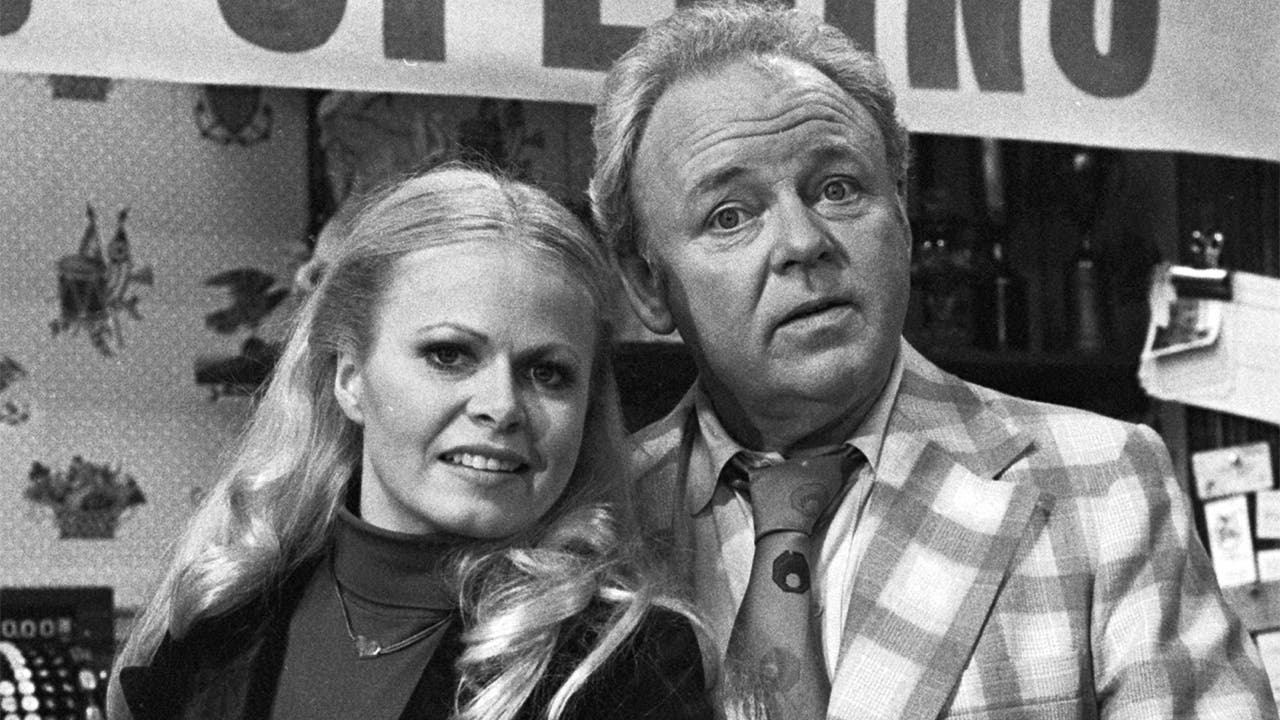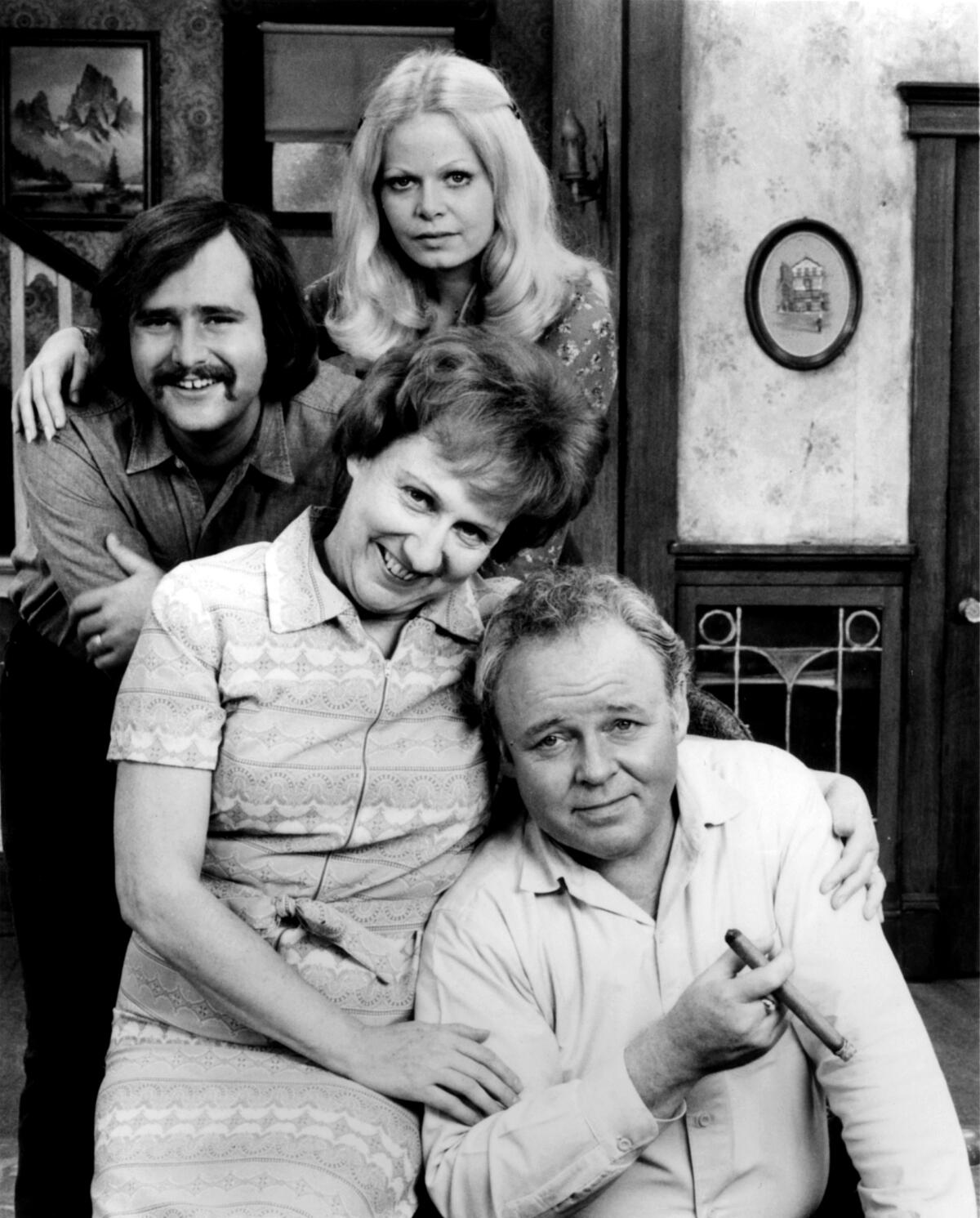
“Archie Bunker couldn’t exist today.” It’s a phrase that’s been circulating since the death of All in the Family creator Norman Lear, and it underscores a broader conversation about the changing landscape of television and societal dialogue. While Archie Bunker, the loud, often offensive character played by Carroll O’Connor, was a product of his time, the issues that made him both controversial and compelling are still relevant today.
When Norman Lear introduced Archie to CBS audiences in 1971, he did so with the aim of pushing boundaries and sparking conversations that were rarely addressed in mainstream media. Archie was a representation of the frustrations and prejudices of a certain segment of the American population—his rants about long-haired “idiots,” “coloreds,” “loudmouth” feminists, and “commies” were designed to provoke thought and discussion.
Back then, the show was a lightning rod for controversy. Progressives were appalled by Archie’s bigotry, while conservatives saw him as a stand-in for the “silent majority” that felt alienated by the cultural shifts of the era. CBS even ran a disclaimer, stating that the show aimed to “throw a humorous spotlight on our frailties, prejudices, and concerns,” hoping that laughter would reveal the absurdity of those views.
Despite its contentious nature, All in the Family offered a unique platform for dialogue. The show’s characters represented a range of perspectives: Archie’s son-in-law Michael (Rob Reiner) embodied the progressive counterpoint, Edith (Jean Stapleton) was the moderate voice, and Black neighbor George Jefferson (Sherman Hemsley) provided a critique of Archie’s racism. This ensemble created a dynamic that reflected the diverse, often conflicting viewpoints of American society.
Today, the idea of a show like All in the Family airing on mainstream television seems improbable. The modern media landscape is fragmented, with audiences often confined to echo chambers that reinforce their existing beliefs. In this polarized environment, the notion of a TV show bridging ideological divides seems as unlikely as Rachel Maddow and Tucker Carlson finding common ground.
The proliferation of social media, partisan news outlets, and niche content has further contributed to this fragmentation. The national conversation is no longer centered around shared experiences and debates but is instead segmented into disparate, often antagonistic camps. This has real-world consequences, including a deepening mistrust in institutions, increased polarization, and a general breakdown in collective problem-solving.
In such a climate, the role of a character like Archie Bunker becomes even more significant. He represented a confrontation with uncomfortable truths and provided a space where differing perspectives could clash and, potentially, be understood. Today’s media environment, with its focus on catering to specific viewpoints rather than fostering cross-ideological dialogue, could benefit from the kind of candid, albeit contentious, conversations that All in the Family once facilitated.
The show’s ability to capture and provoke debate about societal issues is a reminder of the power of television to reflect and influence public discourse. While Archie Bunker may seem anachronistic in our current media landscape, the need for shows that challenge audiences, confront prejudices, and spark meaningful conversations is more relevant than ever.
As we navigate an increasingly polarized world, All in the Family serves as a historical touchstone, illustrating both the potential of media to address societal issues and the challenges of doing so in an era of heightened division. The absence of a character like Archie on our screens today underscores a broader need for media that can bridge gaps, foster dialogue, and address the complexities of contemporary society

